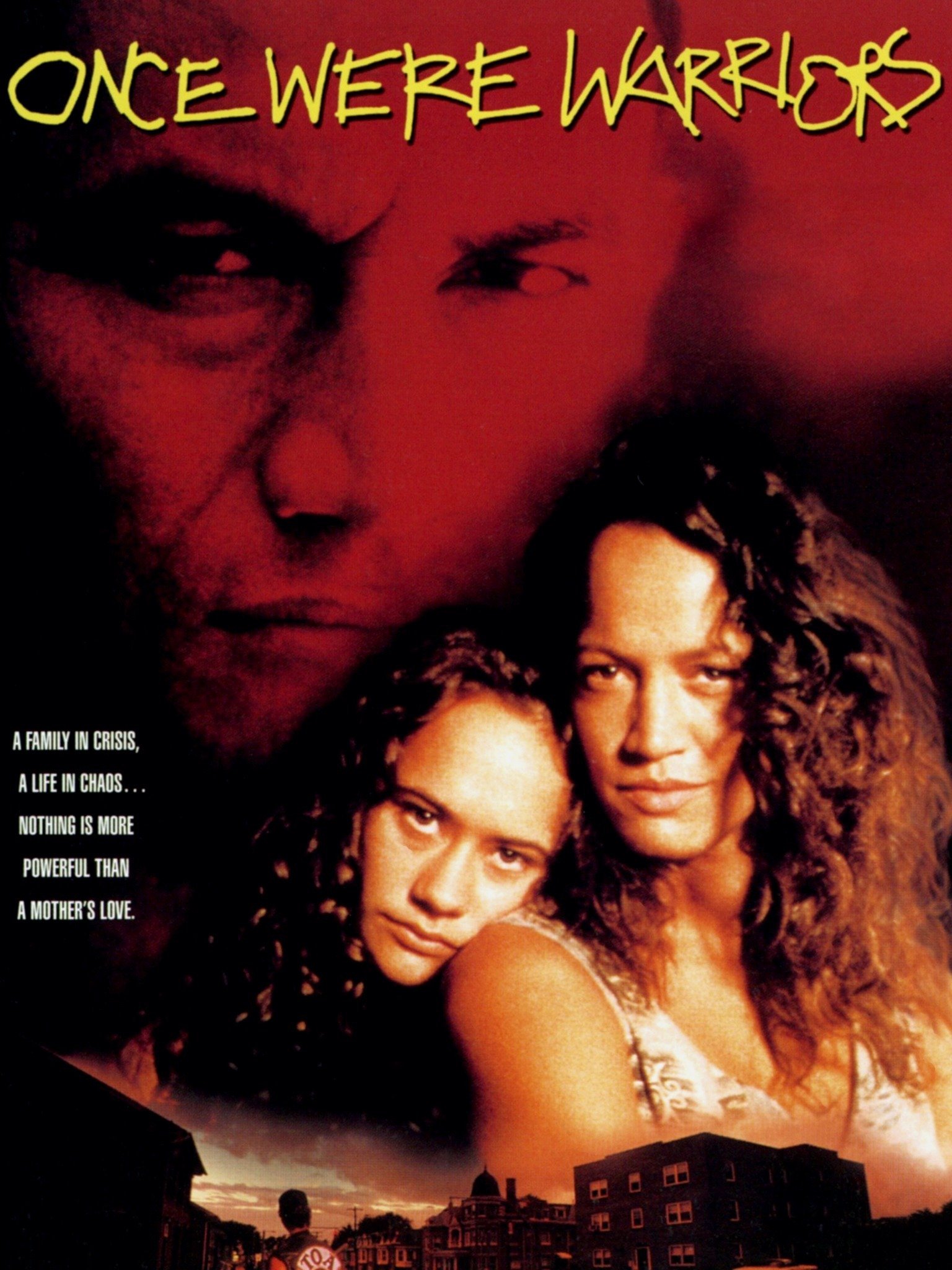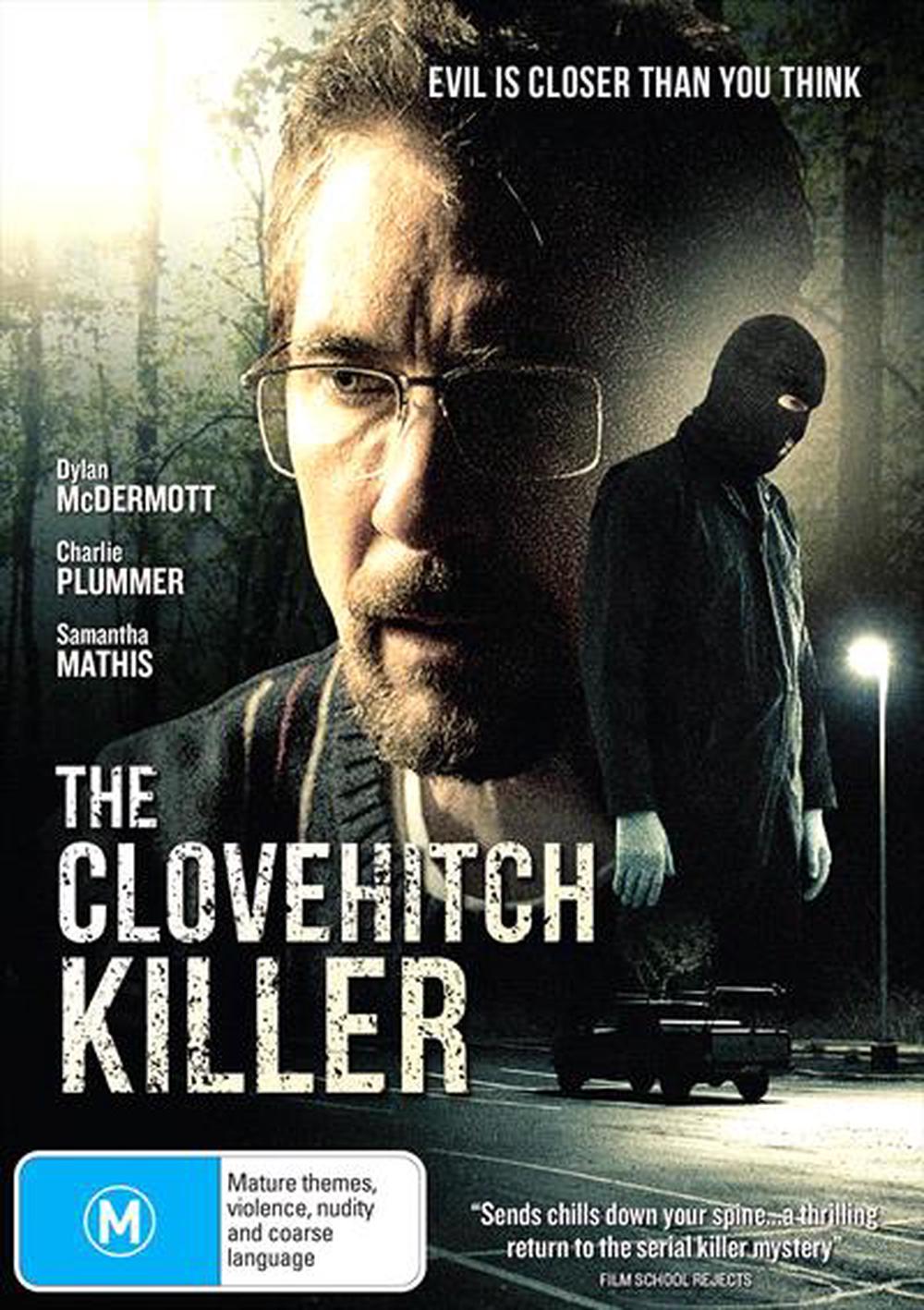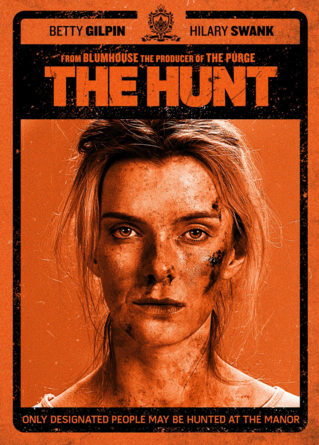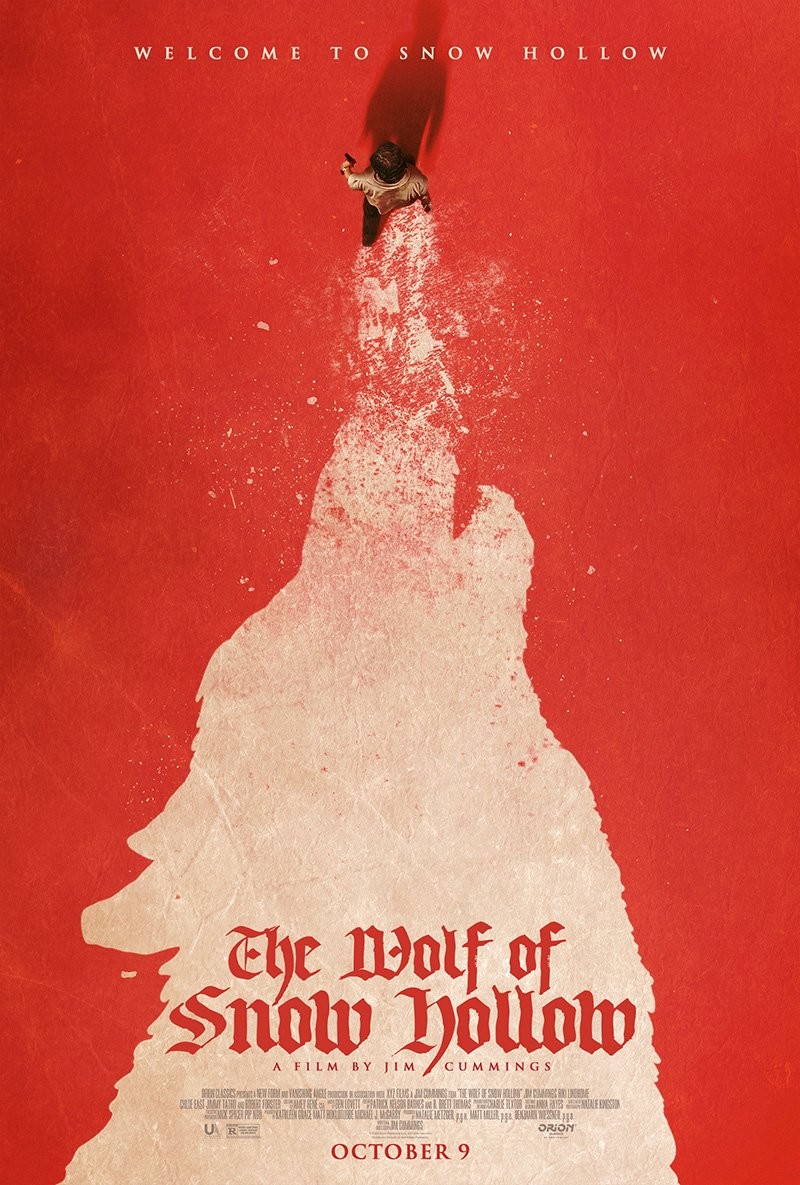
I recently asked a (white) kiwi friend of mine recently about his thoughts on Lee Tamahori’s riveting 1994 drama masterpiece Once Were Warriors (based on the book by Alan Duff and referring to the warrior nature of the Māori people), and he said it was “hard-wired to New Zealand DNA,” which was a fascinating response since, as a Canadian, I hadn’t heard much of it until now. It’s a brutal watch, and not one that you’ll soon forget, telling the story of a working-class urban Māori family who begin to fall apart after the patriarch Jake loses his job. Consequently, his behaviour spirals into domestic abuse (physical and verbal), alcoholism, and worse. Indeed, Jake is a pressure cooker of rage and fury, as we see not only in the beatdowns in his local dive bar, but also at home when his wife Beth resists him (violence as a means of asserting control). Jake also harbours a subconscious resentment of his wife’s status as a princess in the rural Māori community (she moved into town to be with her husband, which was the first mistake), and while it is easier to blame most of the atrocities on Jake’s toxicity, I think the real culprit is colonialism. It is colonialism that has displaced people from their land and forced them to restructure family hierarchies (the patriarchal figure is not a traditional one in Māori culture apparently).
Continue reading








